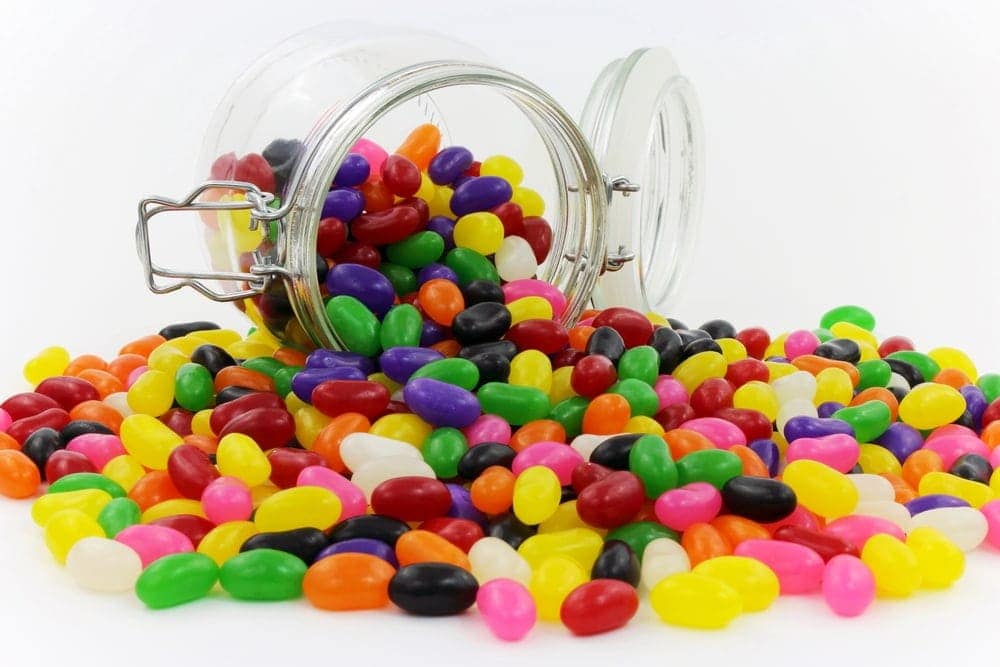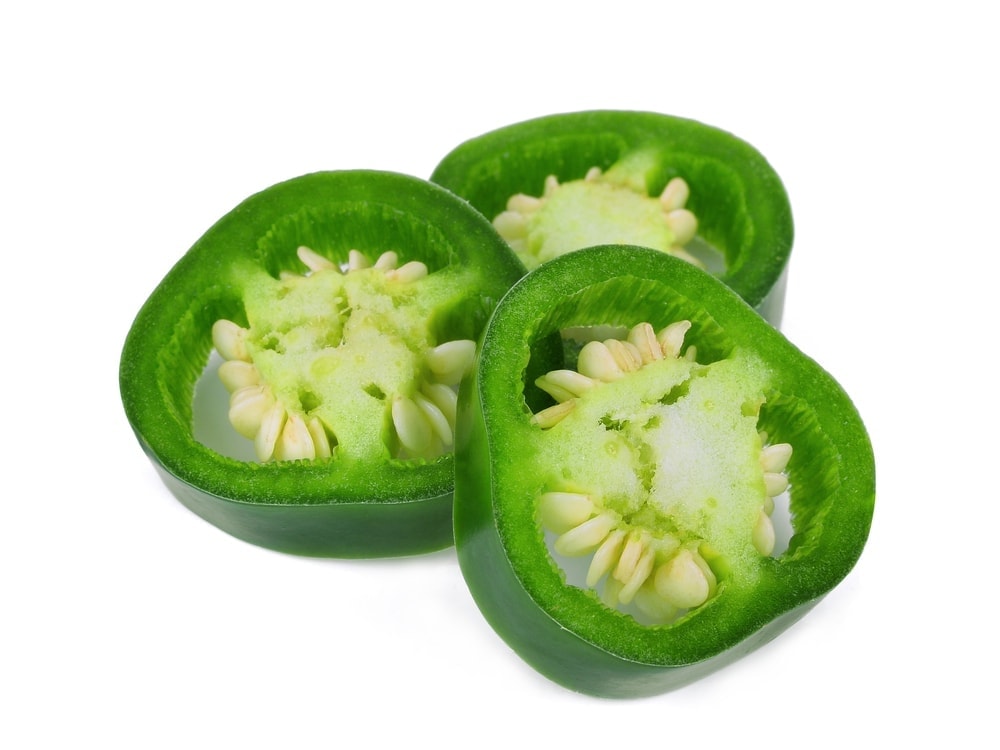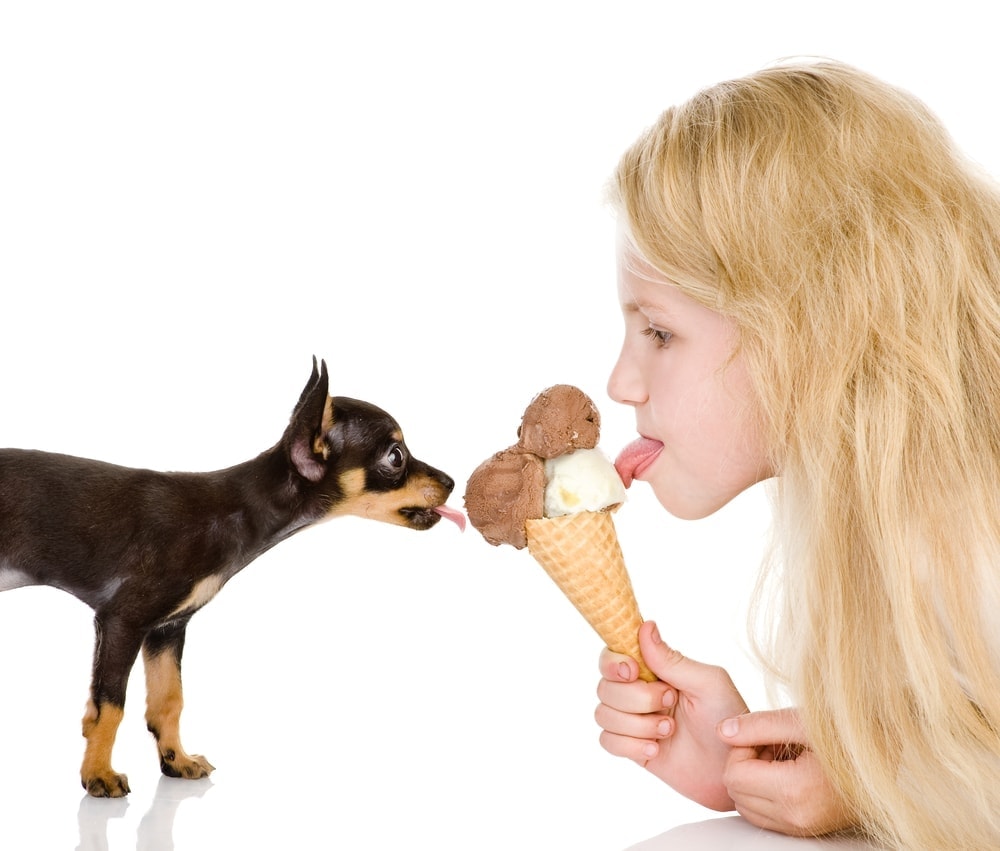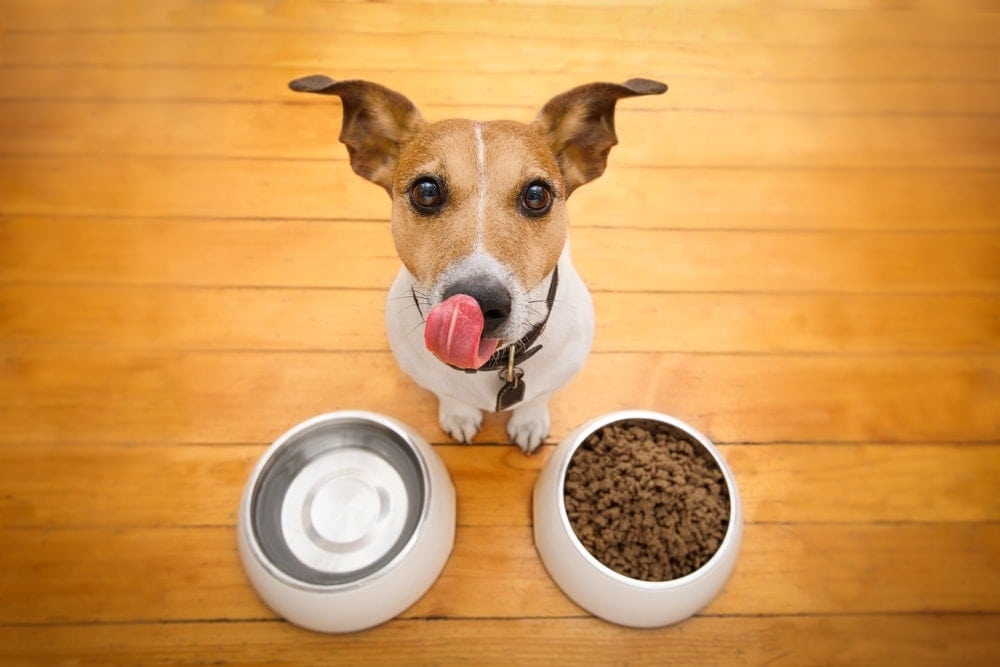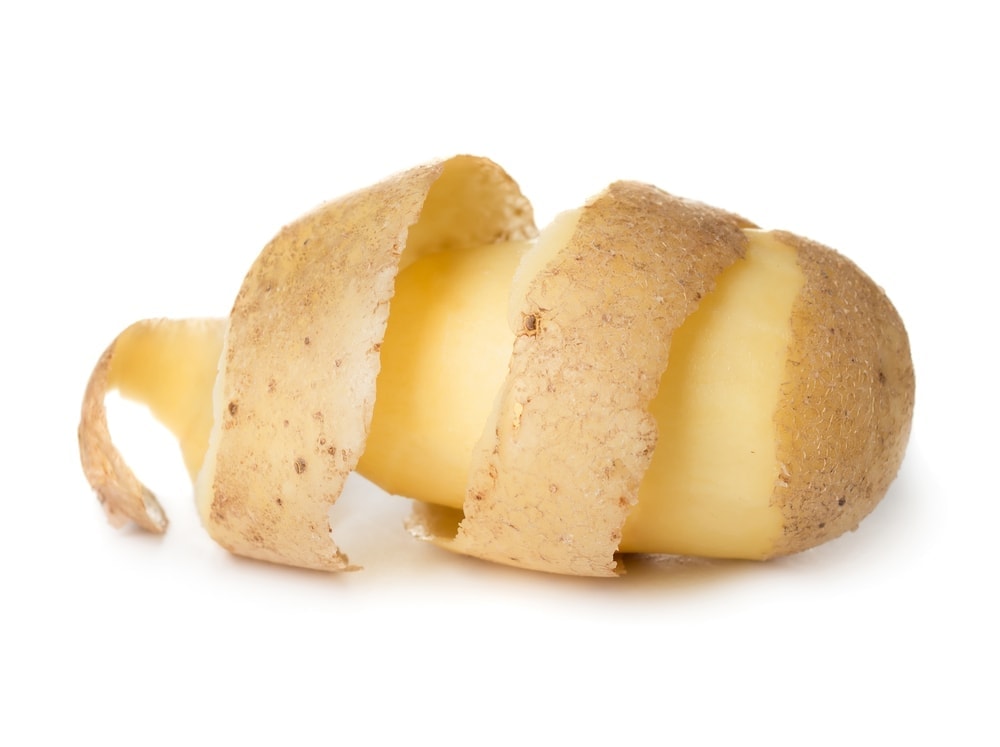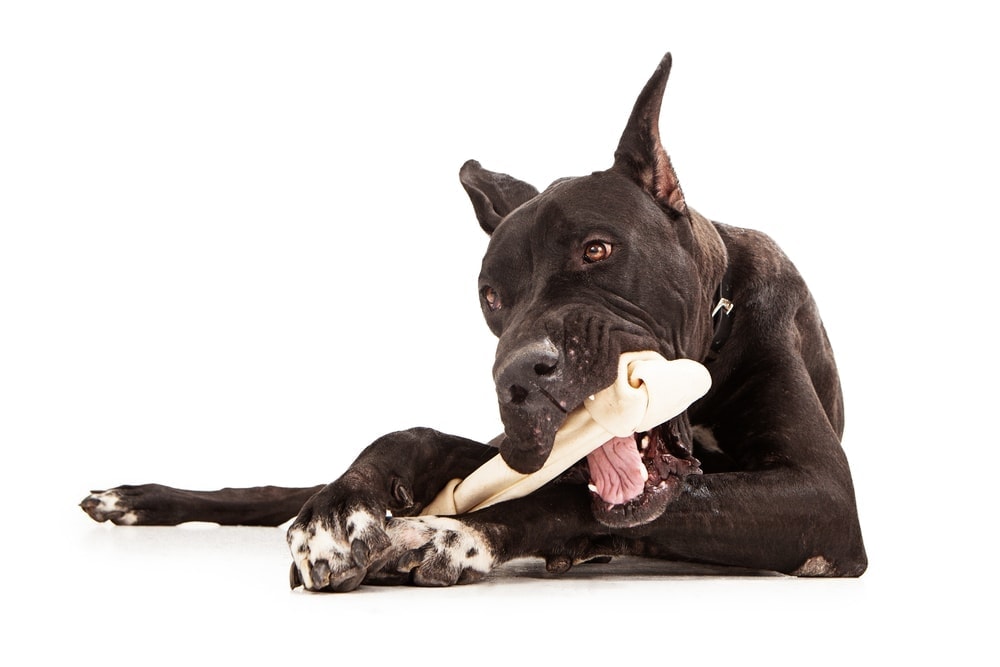Lots of people feel sorry for their dogs to eat boring dogs food all the time and try to give them human food like crackers as a dog treat.
Some of the products can be poisonous and some are fine. We always recommend treating your dog with specialty dogs snacks, available at every vet store or online.
It is crucial that you get the facts about this salty snack before giving any amount of it to your canine companion. They will be happy to eat any human food you give to them so you should research every product if it is safe for your little friend.
You will find all the details and alternatives for crackers in the article further down.
Are Crackers Safe for Dogs?
As a snack once in a while in a small quantity, crackers are fine if they don’t contain sugar, salt, onion, garlic, or any other flavors. On daily basis, it can cause stomach and weight problems. Crackers have no nutritional value for your dog.
Crackers are not considered toxic for dogs, but they can negatively affect your dog’s health over time. This is why it is important that you give them this food in small amounts.
A cracker or two once in a while probably won’t hurt your dog, but you don’t want to overdo it.
Sodium Content
If you are going to give your dog crackers, it is important that you give them ones that are not loaded with sodium. This includes Saltines, which contain 102 milligrams of salty sodium per large round cracker. The more traditional square Saltine crackers have 31 milligrams of sodium, which is still a lot for a dog.
There are plenty of low-sodium cracker options to choose from. Giving your dog too much sodium on a regular basis can do a lot of damage to its overall health. Keep in mind that most dog foods satisfy the daily sodium requirement of these animals.
Excess sodium will make your dog incredibly thirsty, which will cause it to drink a lot more water than usual. It can even lead to sodium poisoning, which can result in death in some serious cases.
Some of the most common signs of sodium poisoning in dogs include:
- Vomiting
- Diarrhea
- Lack of appetite
- Seizures
- Fever
- Body tremors
If you notice any of these symptoms in your dog, it is very important that you get them medical attention right away.

Salt
Another problem with a lot of crackers is that contain much salt. The fact is that dogs are not meant to digest a lot of it and can get salt poisoning. A high amount of salt in your dog’s diet can result in sodium poisoning.
Unsalted crackers are better for your dog, but still not necessarily good for them. Even with unsalted, low-sodium crackers, moderation is very important. You don’t give your dog a lot of human food. This can lead to obesity and other health issues that could end your dog’s life prematurely.
Graham Crackers
You may also be wondering if you can give your dog graham crackers and other sweetened crackers. While most of these crackers are not toxic to dogs per se, they are not recommended for a number of reasons.
Most graham crackers have around 40 milligrams of sodium each, which is not a negligible amount. They also contain carbohydrates and other things that are not good for your dog. Just like with all other human foods, moderation is the key.
Multigrain Crackers
Multigrain crackers offer a number of health benefits and are a good occasional treat for your dog. These crackers have a significant amount of vitamin B, which is good for your dog’s skin and coat. They also have tons of fiber, which will help to regulate their digestive system.
The iron that is found in multigrain crackers can help your dog’s muscles stay strong as well. These are among the best types of crackers you can give to dog, but you should still make sure they don’t contain too much sodium. It is important that you look at the nutritional facts before making a decision.
Many nutritional experts say that multigrain crackers are even healthier than wheat crackers, as they are not processed. This is definitely something that you’ll want to consider when deciding which human food you want to give your pooch as a special snack.

Look at the Label
Before you decide to give your dog any crackers, in particular, you’ll want to look at the label on the box. This will provide you with a full understanding of everything that is in the crackers. You should avoid any crackers that contain low-sodium, carbohydrates, or fat. This will reduce the overall risk to your dog’s health.
It is very important to look through the ingredients of every cracker you want to feed your canine friend. Double-check if crackers don’t have flavors like cheese, bacon, etc. Such synthetic components may harm your dogs and cause an upset stomach. Peanuts or any other nuts can cause an allergic reaction. Avoid garlic powder, palm oil, onion powder, or chilly powder. Natural components such as apples, carrots, sesame seeds, potatoes, or bananas are fine in small amounts.
It’s always a good idea to get the “healthiest” crackers you can for your dog. This means plain graham crackers with minimal calories, sodium, and carbs. If you are going to give your pooch this type of food, you might as well make sure it is not unnecessarily harmful to them. Sweet crackers containing flour and sugar might cause weight gain and diabetes.
Alternatives to Crackers
There are a number of pups treats on the market that makes for an excellent alternative to actual crackers. It is important that you take some time to explore some of these products so you can get treats that are both nutritious and delicious.
It is always better to give your dog food that is meant for dogs so you know it is safe. You won’t have to worry about how they are going to react physically. You should have no problem finding treats that are designed to look and even somewhat taste like crackers. This should provide your dog with a tasty snack without risking its overall health and well-being.
Conclusion
- While crackers are not typically toxic to dogs, they tend to contain a lot of sodium, which is not good.
- Giving your dog too many crackers on a regular basis can result in sodium ion poisoning, which can lead to death.
- Make sure that you choose crackers for your dog that are low sodium and don’t contain a lot of salt or carbs.
- Moderation is very important when it comes to giving your dog this type of food.
- Saltine crackers tend to have loads of sodium, but there is a low-sodium variety that is better for your dog.
- Graham crackers are generally not good for dogs, so you should only give it to them once in a while.
- Multigrain crackers offer numerous nutritional benefits with the vitamins and minerals they contain.
- Always make sure that you take a close look at the label on the box of crackers before buying any to give your pet.
- There are lots of doggy treats you can buy that resemble the shape and even taste of crackers.
Frequently Asked Questions:
Can a dog have a Ritz cracker?
Ritz crackers are good for humans but not for dogs. That’s because Ritz crackers are packed full of sugar, salt, carbohydrates, and gluten. Like a one time treat it might work but in a long term it might cause weight problems, diabetis and allergies.
Can dogs eat rice crackers?
If you are going to give your dog rice cakes once in while, only feed them plain ones that are low in sodium. Plain rice cakes with high amounts of salt can cause dehydration and stomach problems. As long as you’re feeding your dog a proper balanced diet, the occasional piece of plain rice cake is totally okay.
Can dogs eat Japanese crackers?
Japanese rice crackers, and any other type of rice crackers — they’re all safe for your pup in small amounts and rare occasions. But make sure that these crackers do not contain too much salt, spices or fats because these ingredients can cause serious problems.
Can dogs eat Chinese rice crackers?
Nothing bad will happen if your dog suddenly eat a pice of Chinese crackers but in a bigger amount it can cause dehydration, stomach upset and allergies. So make sure that your dog eats them in rare occasions and small amounts.



